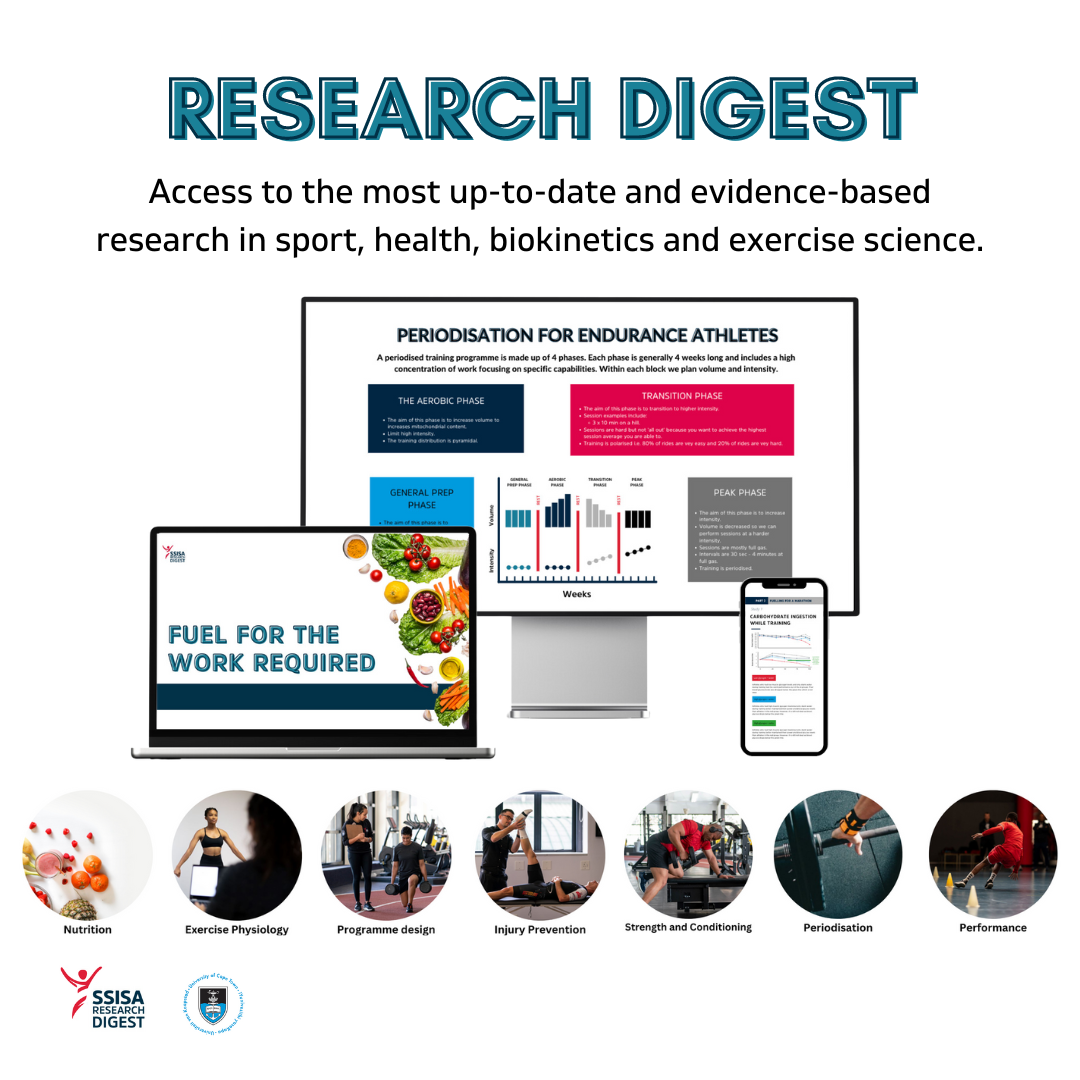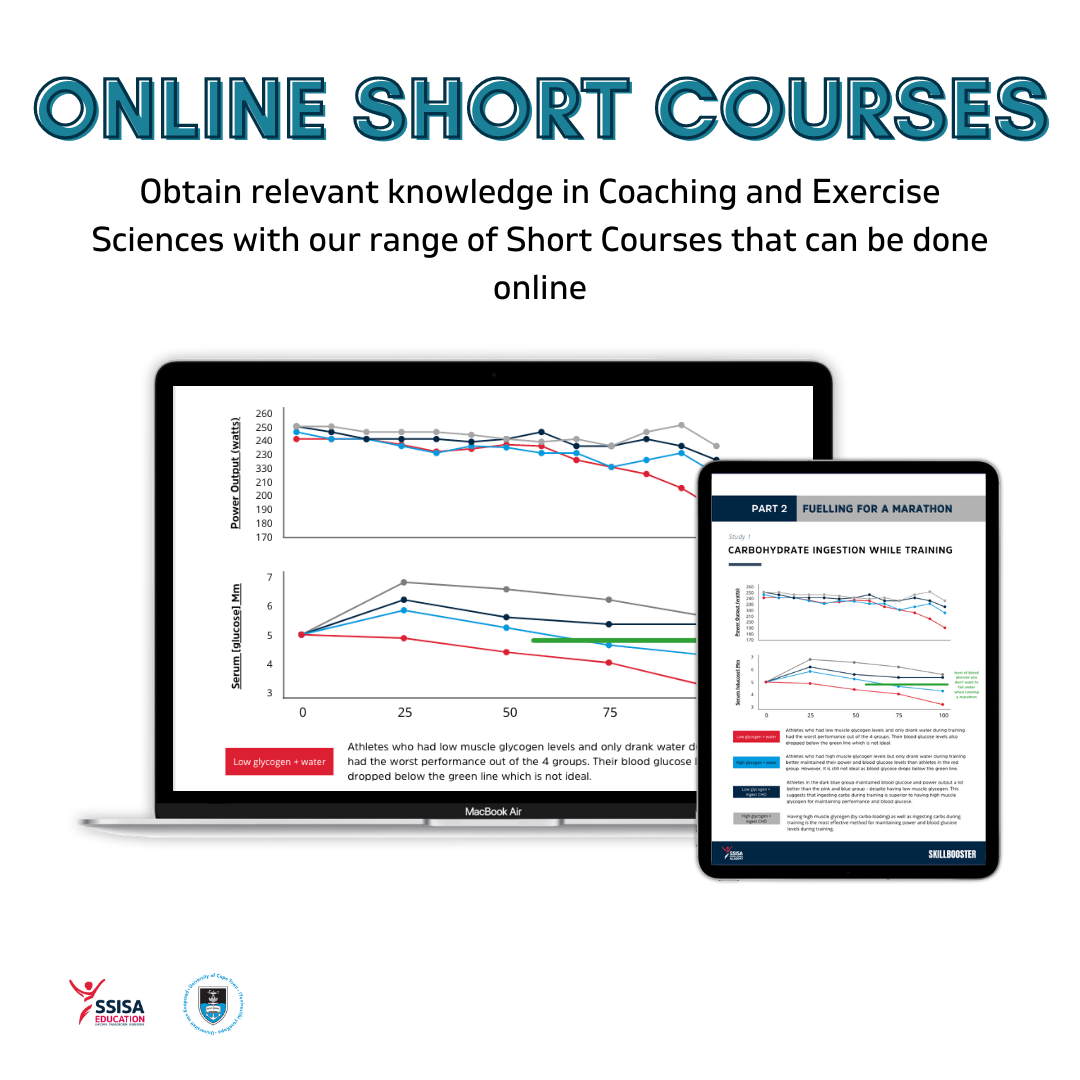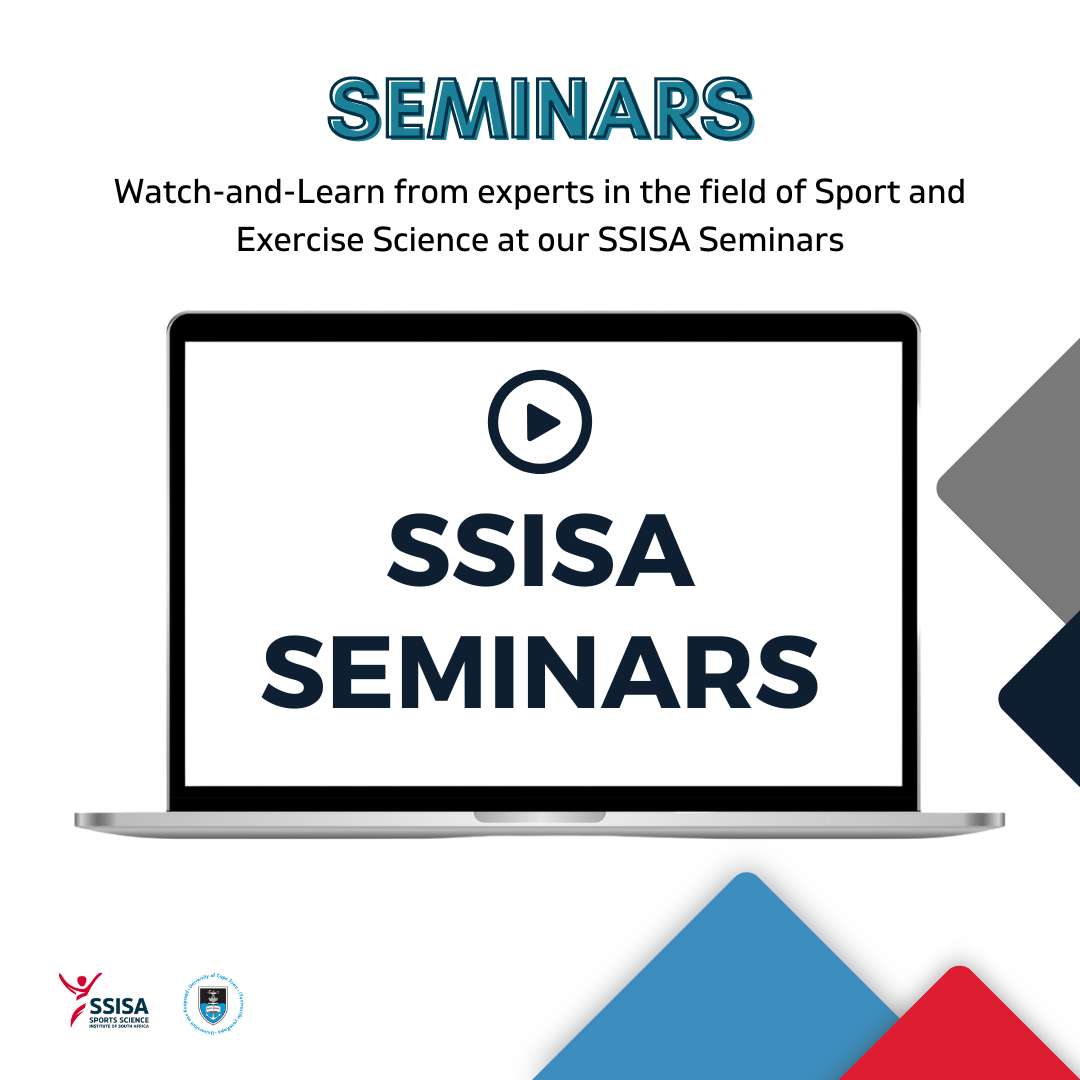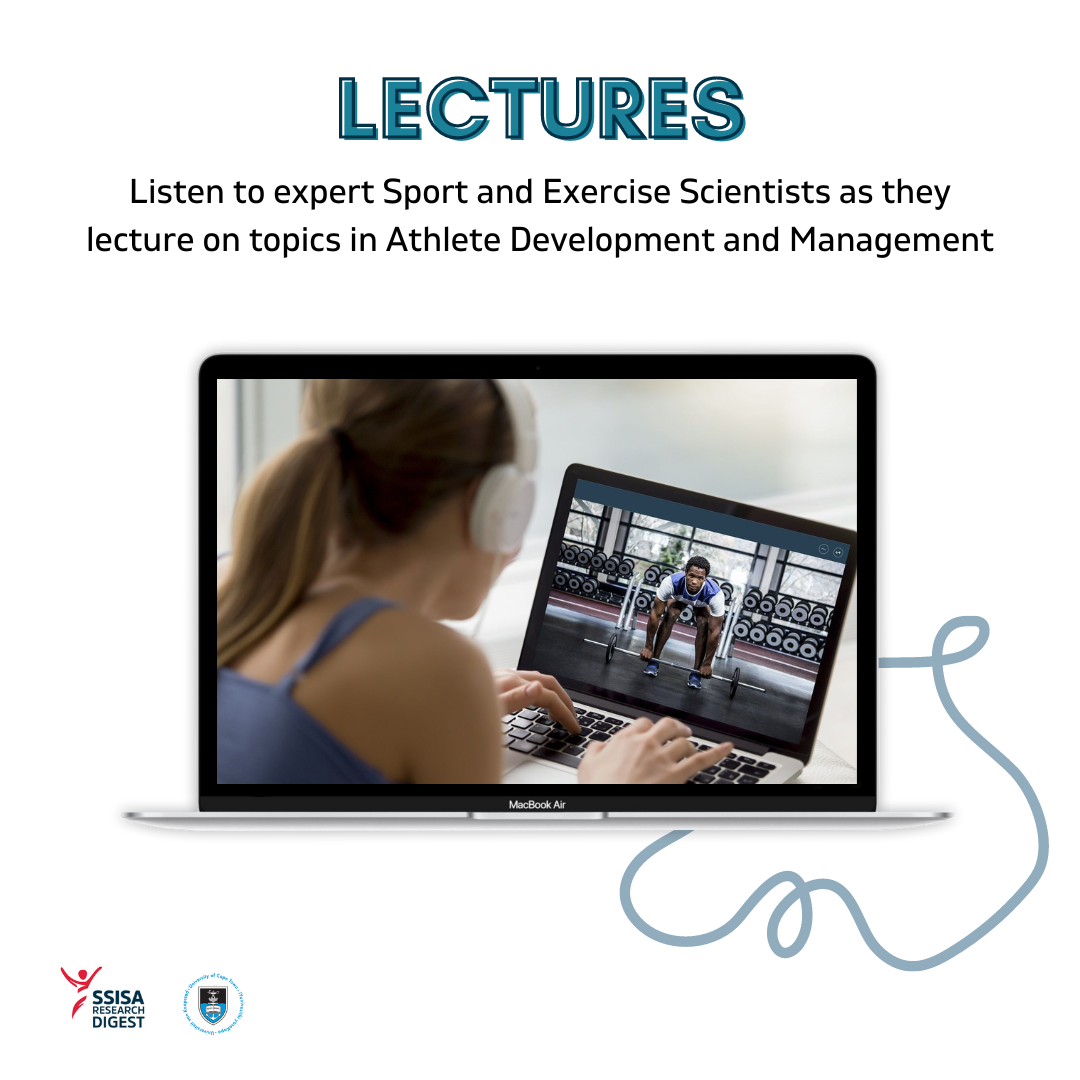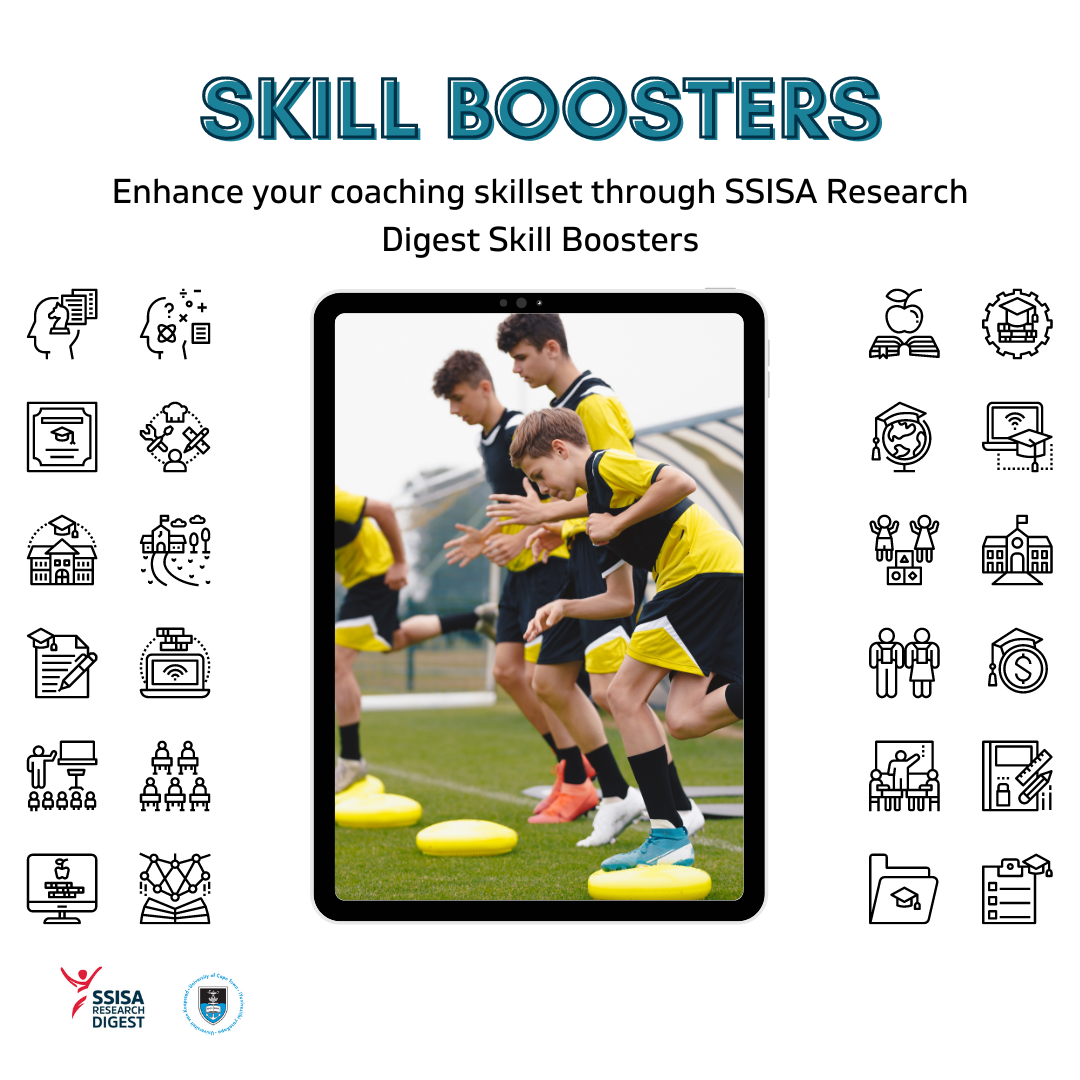What does research say about coaches with knowledge in the Sports Sciences?
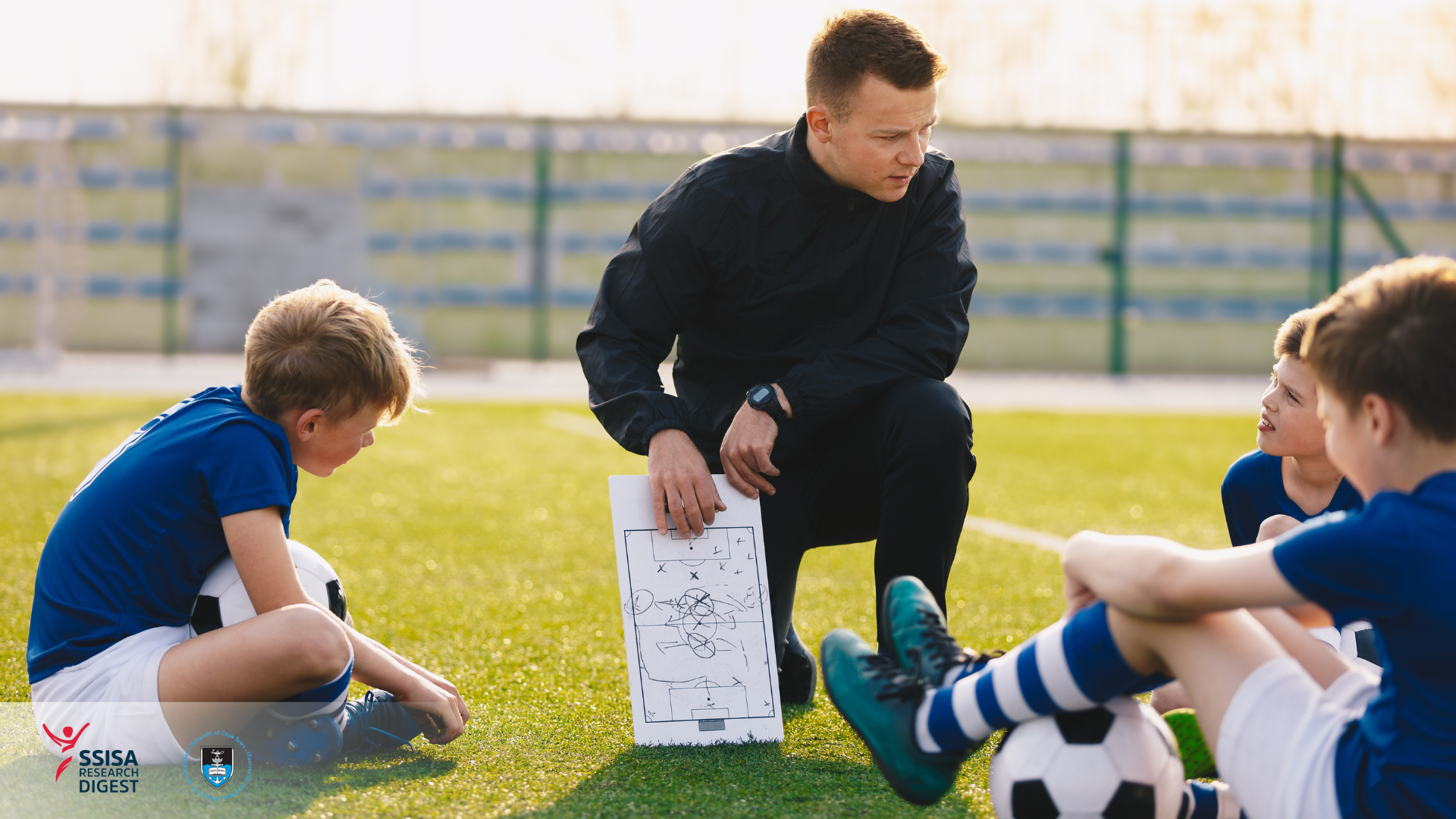
The Sports Science Institute of South Africa exists to translate, simplify and embed science in sporting and health practice. Our content is evidence-based, up-to-date, understandable, and created by industry experts. Our main aim at SSISA is to ensure that all within the Sport Sector have access to knowledge that could assist them in their sporting practice, regardless of their designations (coach, sport scientist, sport administrator, clinician, sport development practitioner, and alike).
With a focus on sports coaches, they have a critical function in the growth and success of athletes. Therefore, it is crucial for coaches to be knowledgeable about sports science practices. This is because sports science knowledge can enhance their coaching skills and improve athletes' performance. In fact, research supports this notion, as a study by Kubayi et al. (2018) highlighted the importance of sports science knowledge in coaching (1).
Research suggests that incorporating sports science principles into coaching education programmes can lead to practical benefits for both coaches and athletes (1). Coaches who utilize sports science knowledge can help players acquire skills more effectively, ultimately enhancing their performance (2). Beyond technical know-how, there is a growing recognition of the importance of transferring sports science knowledge to coaches at all levels, including grassroots programmes (3). This highlights the need for coaches to understand and apply sports science principles to improve coaching and management systems (3).
Additionally, experts emphasize that coaches should possess knowledge not only of the sport and its participants but also of the relevant sports sciences to be effective in their roles (4). Despite the acknowledged importance of sports science in coaching, there are challenges in transferring this knowledge effectively. Studies have shown that the transfer of sports science knowledge to coaches can be difficult (Mavvidis et al., 2018). However, there is a consensus among high-performance coaches that sports science plays a crucial role in achieving success in sports (5). Coaches who have access to sports science information are more likely to engage in effective coaching behaviours (6).

